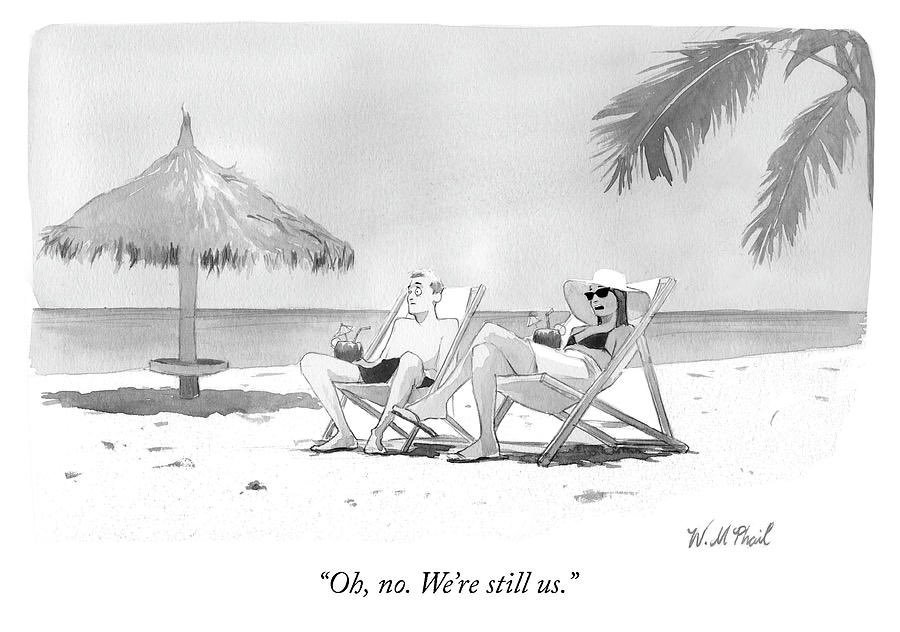Next to Love
I am remembering my Ajja today on his birthday. A gentle heart with a big laugh—such joy in his soul.
Memories are always bittersweet. With every cherished reflection, there is a touch of sadness. The empty chair in our home.
But as I sit with this feeling, I remember that sadness sits next to love. They’re not enemies but neighbors that mingle with care. Just like a painter who uses shadow and light to make a beautiful piece.
He would have been 90 today! Enjoying some happy tunes with my Ammamma. 🎶



